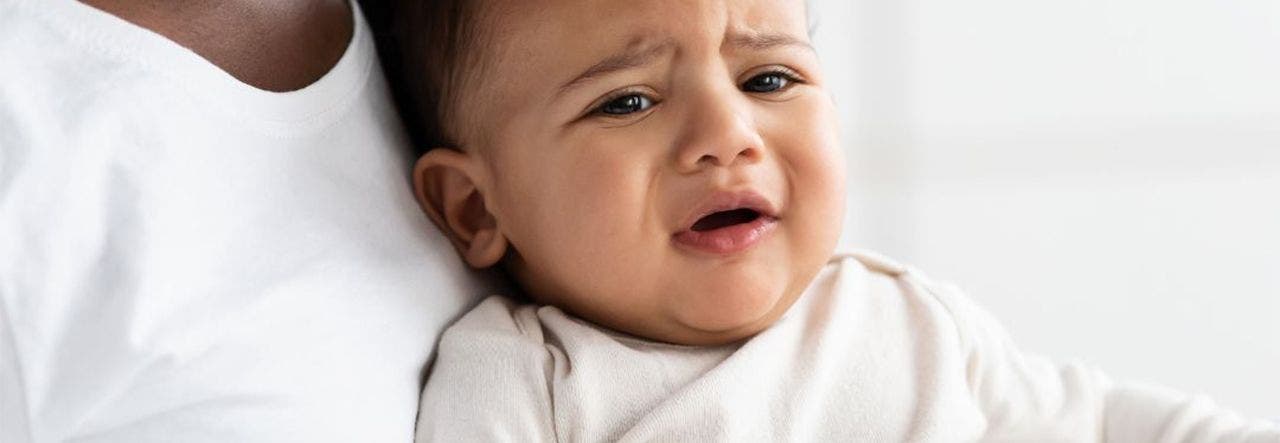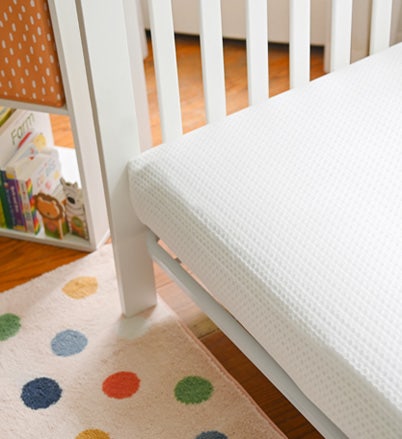Do Babies Have Nightmares?
Dinner is finished, the chores are complete and you’ve put the baby down for bed. Finally, it’s quiet enough to relax and wind down. And, yet, like clockwork, you hear a faint cry off in the distance.
There are many possible reasons for your baby crying at night – they’re hungry, they’re sick, they have a dirty diaper, they’re teething, they have separation anxiety, the list goes on. Unfortunately, being a baby means that they can’t effectively communicate what’s bothering them – something that is equally as frustrating for them as it is us.
In some cases, it may seem as though you’ve checked everything possible, and there’s no clear explanation to why your baby is crying. When this happens, it might be possible your baby is having a nightmare … but do babies have nightmares?
Could It Be a Nightmare?
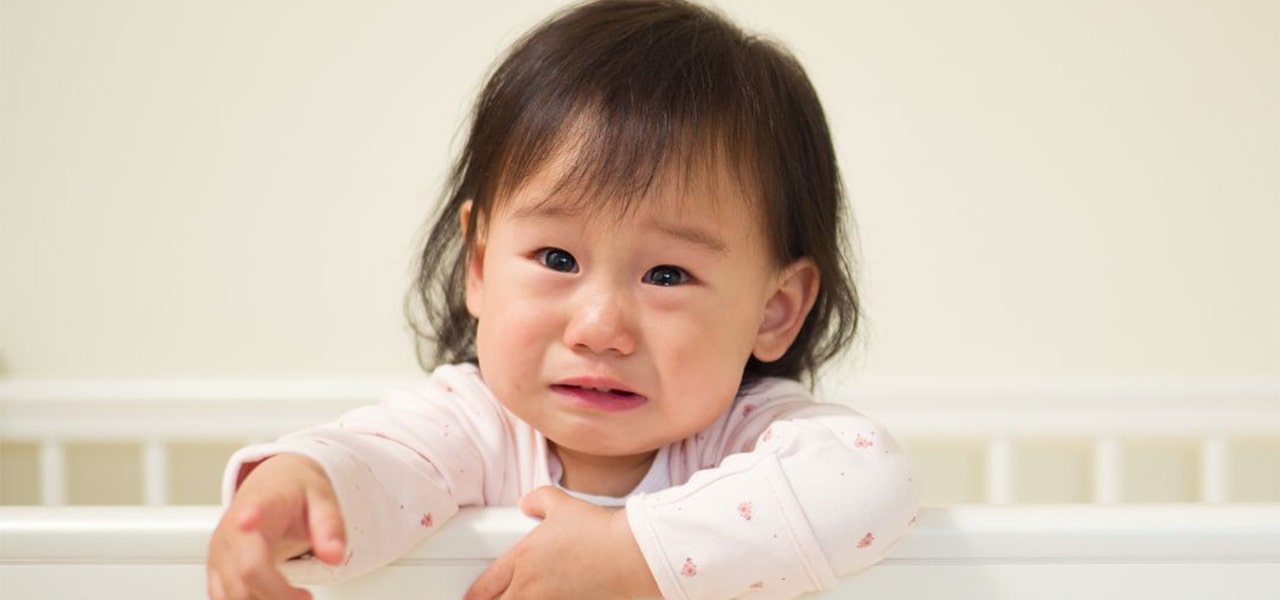

If you’ve already checked possible reasons for sleep disturbances in your baby (hunger, discomfort, sickness, etc.) then it could be possible they were having a bad dream. Older babies – around four months – begin to develop their imaginations around this time. This can lead to dream development and some baby nightmares.
Newborn sleep patterns alternate between non-rapid eye movement and rapid eye movement (REM), the sleep phase in which we dream. The dreams of babies might consist of their learnings and processes from the day, as they are rapidly absorbing the world around them. It is also possible they are processing their birth experience and perhaps any trauma that came with it, which could result in a nightmare.
Nightmares vs Night Terrors
Night terrors and nightmares are not the same. Nightmares only occur during the REM stage of sleep where dreams happen. Night terrors occur during deep sleep (stage 4) or the transition from deep sleep to REM sleep.
The cause of night terrors is unknown, but scientists think they may be linked to an overactive central nervous system, which regulates brain activity and chemistry, or by stress. While the cause is unclear, one thing is for certain: night terrors are different than nightmares.
One way to discern between the two is if your baby’s eyes are open or closed when you find them crying during the night. Although technically asleep, night terrors can occur even when one’s eyes are open. Often, babies and children have no recollection of night terrors. If they are experiencing a nightmare rather than a night terror, their eyes may remain closed through their crying spell, or they will be obviously awake from it.
Baby Brain Development and Dreams
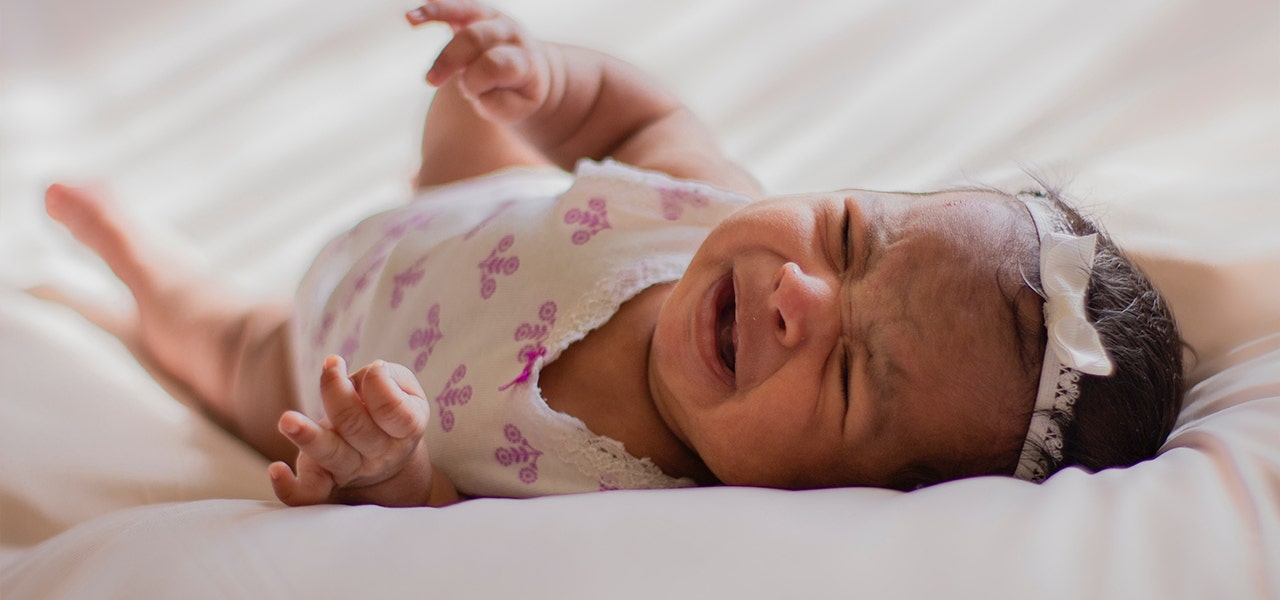

Babies spend nearly 50% of their sleep in the REM phase where dreaming takes place. Some speculate that this abundance of REM sleep has something to do with brain development – forming pathways, promoting cognitive function and processing real life experiences.
It is likely babies can dream, but their dreams look vastly different from our adult dreams. This is because they haven’t yet experienced clear language, concepts or landscapes. Dreams with structured and fleshed out stories might not occur until ages seven to nine. Still, it is probable that babies can and do dream.
How to Comfort Your Baby When They Cry in Their Sleep
It’s only natural to kick into comfort mode when you hear your baby crying at night or in distress. To quickly and quietly soothe a fussy baby so that they can drift back to sleep soundly, try these tips:
Enter Slowly
Instead of rushing in to comfort your child, try entering slowly and steadily so as not to startle or wake them if they are still sleeping. Babies are restless sleepers, and it is possible they might comfort themselves when given a chance.
Ensure Comfort
Your baby may have gotten twisted in their sleep sack, wedged in a crib corner or become overheated. Readjusting and repositioning them is likely to calm and comfort their cries. Night terrors are commonly caused by fevers, so it is wise to check their temperature if they feel warm.
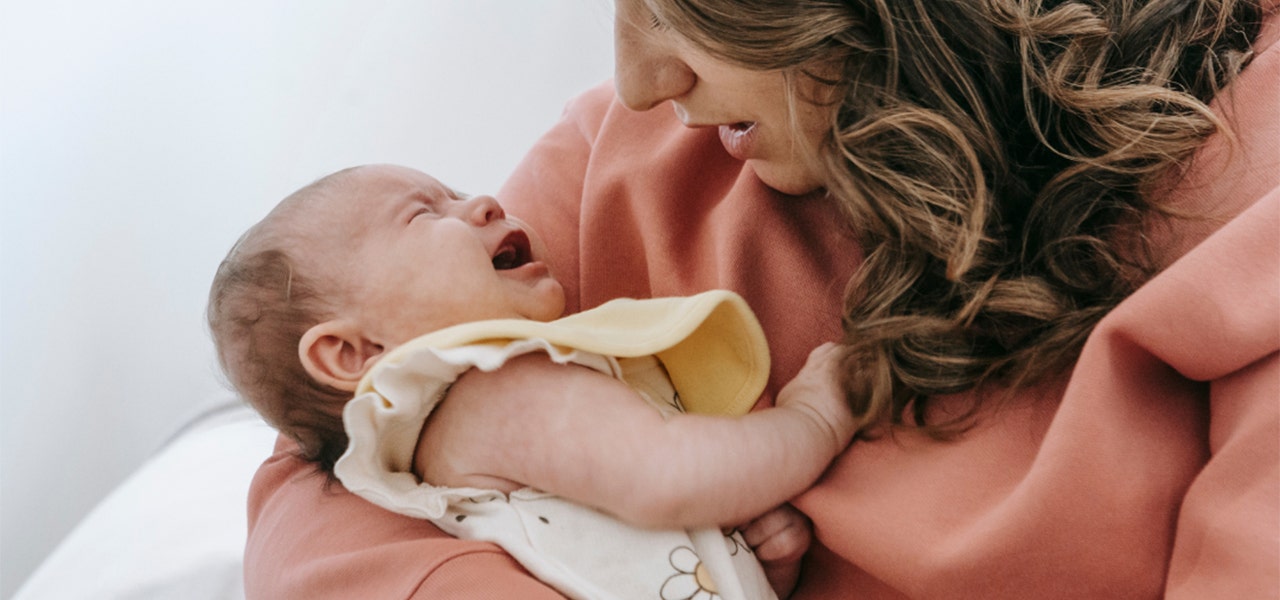

Try a Noise Machine
Some evidence suggests night terrors are a result of being woken up during deep, fourth stage sleep. Whether it be from outside traffic, the doorbell, television or whatever else, a noise machine is a great way to minimize the chances of your baby waking up.
Don’t Force It
If your baby is crying at night and still appears to be asleep, it is wise not to forcefully wake them. This can lead them to become extremely disoriented. Rather, comfort them through their crying – either by stroking their backs, rubbing their tummies, holding and rocking them, or whatever feels natural to you.
Know that you are not alone in the sleep struggle. Hopefully, with this information and these helpful tips, you can promote sound sleep and sweet dreams for your baby and yourself.
Looking for more insight into your baby's sleep? Check out this blog post about sleep personality from Gentle Sleep Coach Rebecca Michi!

 Baby
Baby
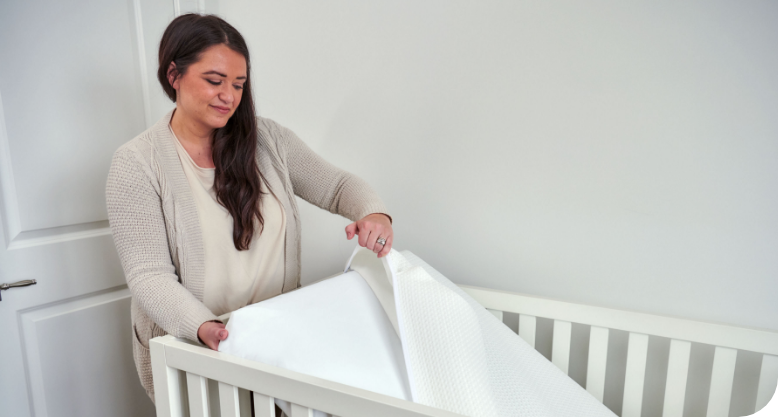
 Kids
Kids
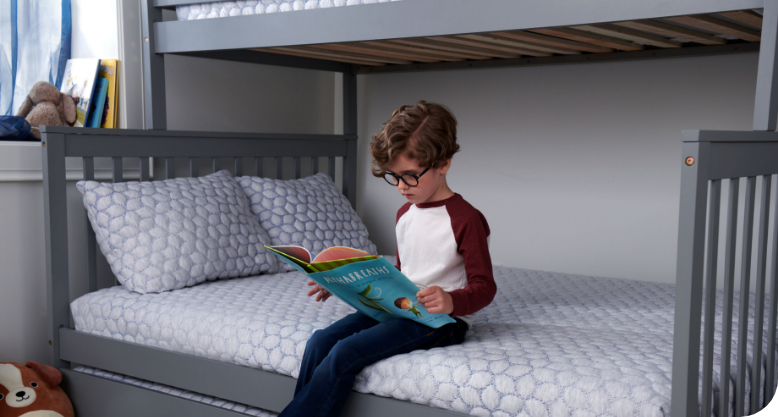
 Learn
Learn
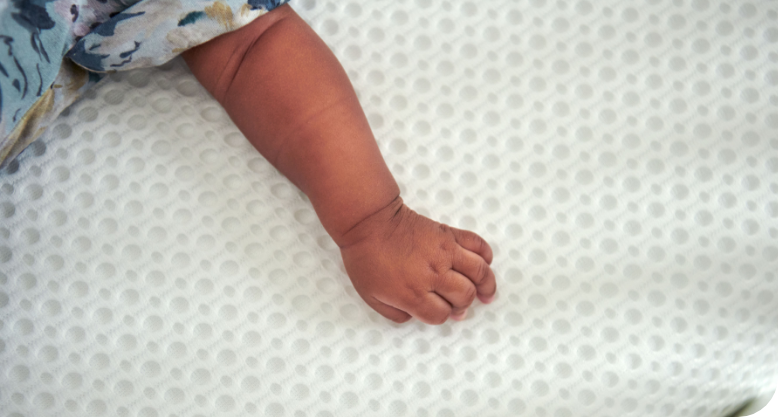
 FIND A STORE
FIND A STORE CONTACT
CONTACT